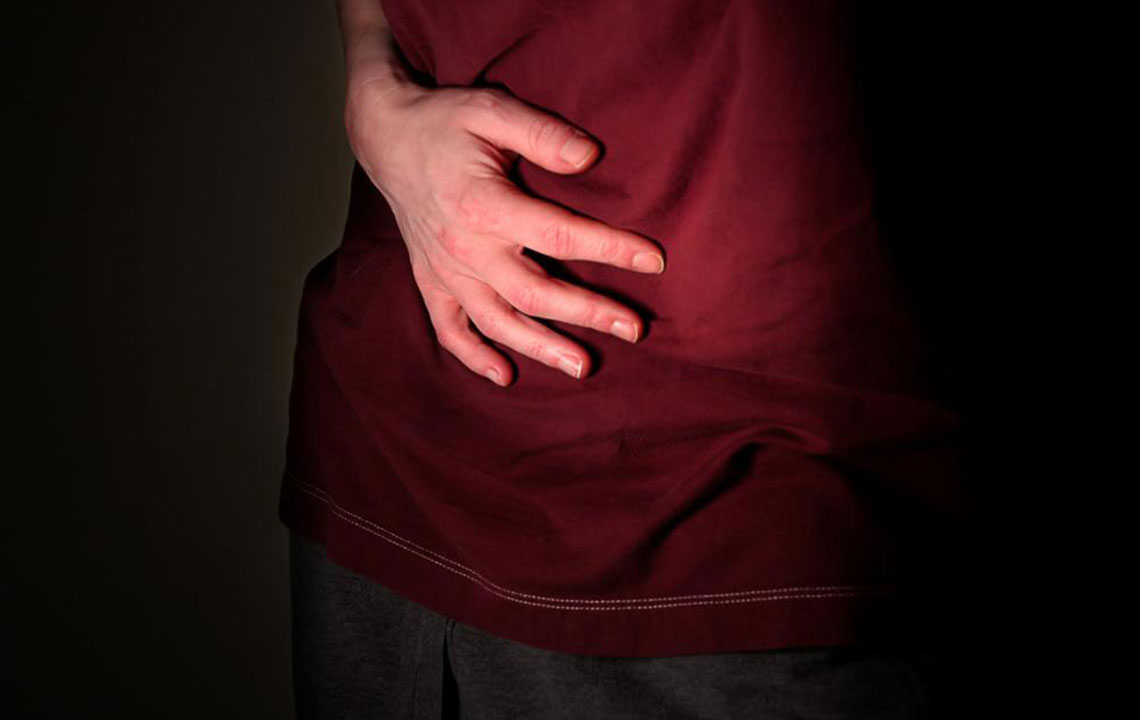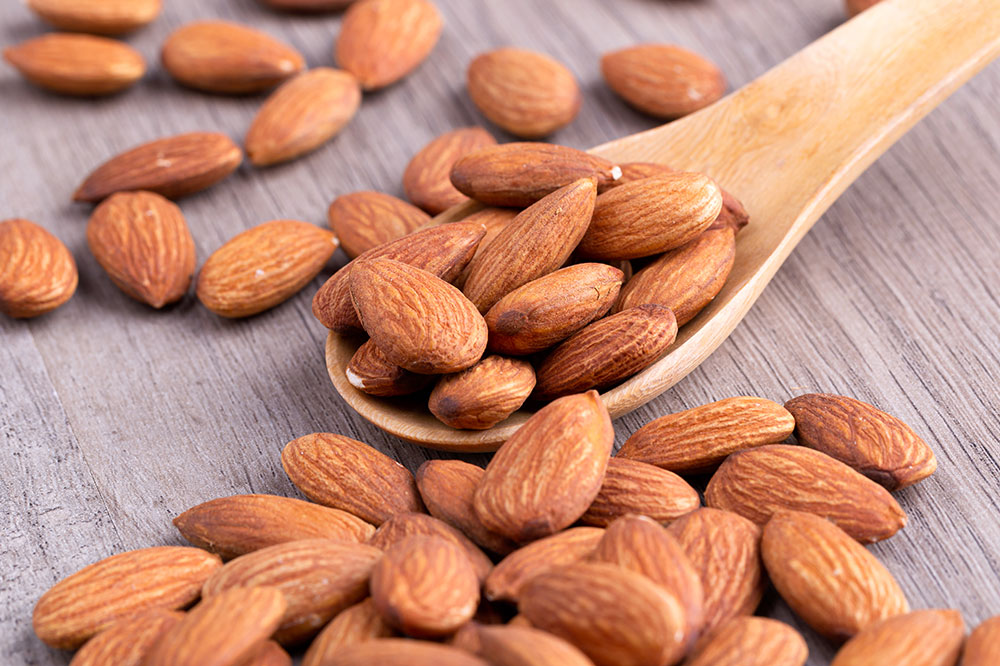Management Strategies for Mild Diarrhea
This article outlines effective management strategies for mild diarrhea, emphasizing hydration, dietary adjustments, and appropriate use of OTC medications. It highlights when to seek medical help, especially in severe cases or for children, and offers practical hygiene tips for safe recovery. Suitable for individuals seeking safe, easy solutions to manage mild diarrhea at home, with guidance on avoiding complications and supporting recovery.

Management Strategies for Mild Diarrhea
Usually, mild diarrhea clears up on its own within a few days without extensive treatment. Simple lifestyle adjustments and home remedies are often sufficient. However, if symptoms persist, medical professionals may recommend specific medications or therapies.
Hydration Tips
Sip small amounts of water frequently, alongside salty crackers. Aim to drink at least 1 liter per hour for a couple of hours, extending as needed if recovery delays. Individuals with heart, liver, or kidney conditions should consult their doctor before increasing fluid intake, as IV fluids might be necessary. Remember, water alone doesn't replenish essential electrolytes like potassium and sodium, vital for heart function.
For those with restrictions, healthcare providers might recommend electrolyte-rich foods like juices and soups to maintain balance. Be cautious with certain fruit juices, like apple juice, which could worsen diarrhea. Children experiencing dehydration may benefit from oral rehydration solutions such as Pedialyte to replenish lost fluids and electrolytes.
Dietary Adjustments
Begin consuming bland foods as soon as symptoms improve, avoiding alcohol, caffeine, spicy foods, and fruits for at least 48 hours. Chewing gum should be stopped, as it contains sorbitol, which can aggravate diarrhea. Also, avoid dairy for three days; instead, opt for probiotic-rich foods like yogurt and cheese to support gut health and recovery.
Over-the-Counter Remedies
Pregnant women should consult their healthcare provider before using any OTC medications. Generally, if diarrhea persists beyond six hours, OTC anti-diarrheal drugs can be considered, unless symptoms include bloody stools or high fever. Always follow package instructions and avoid prolonged use. For children, medications containing bismuth subsalicylate are not recommended, especially in cases linked to viral infections like chickenpox, due to the risk of Reye syndrome. Symptoms such as vomiting or behavioral changes require immediate medical attention.
Common OTC Options
Various remedies are available to help manage diarrhea. Some drugs reduce intestinal spasms, while others absorb excess water to firm up stool. Psyllium, for example, acts as a bulk-forming agent. Medications like Pepto Diarrhea Control and Imodium A-D target spasms and digestion. Probiotics such as Lactobacillus supplements can speed recovery by promoting healthy gut bacteria.
Proper hygiene during cleanup is essential—wear gloves and wash hands thoroughly afterward. If dehydration worsens or if high fever, bloody stools, or severe symptoms occur, seek medical help promptly. Early intervention is crucial to prevent complications.









